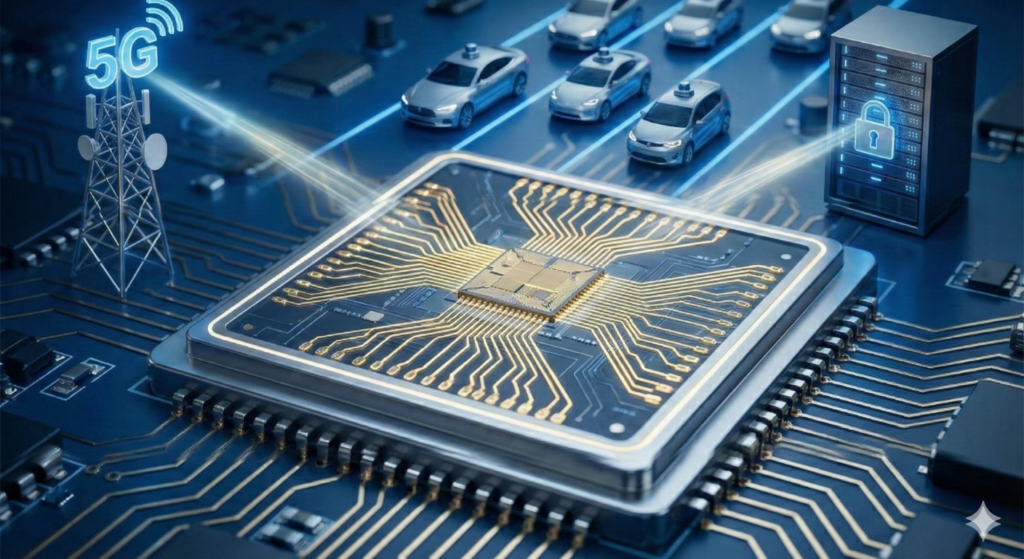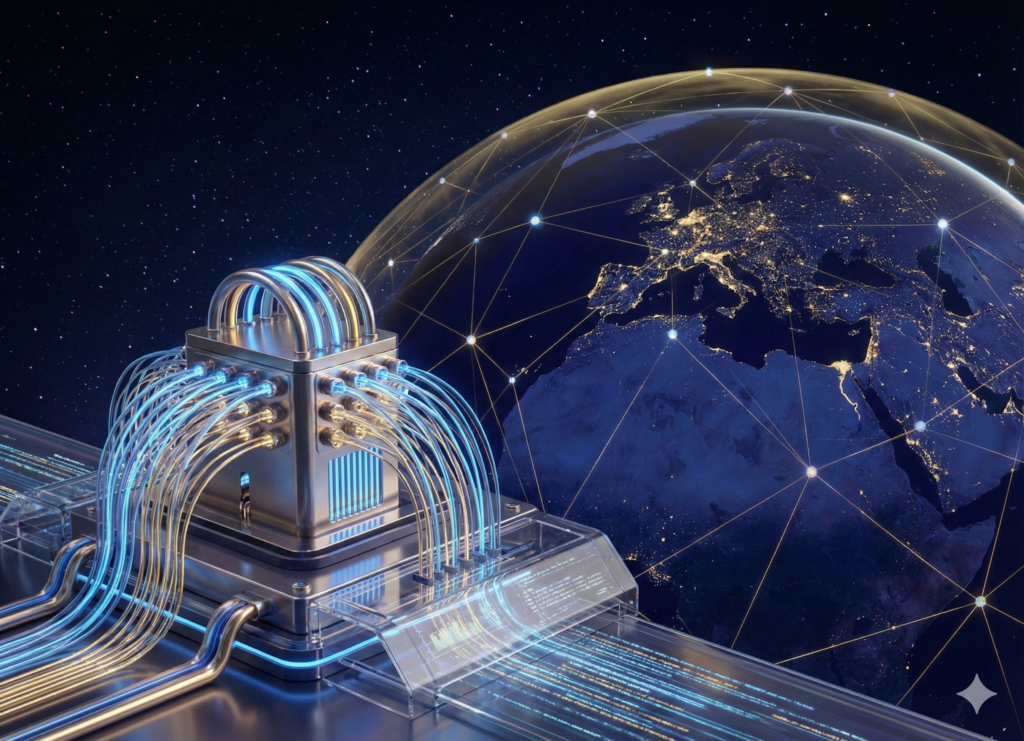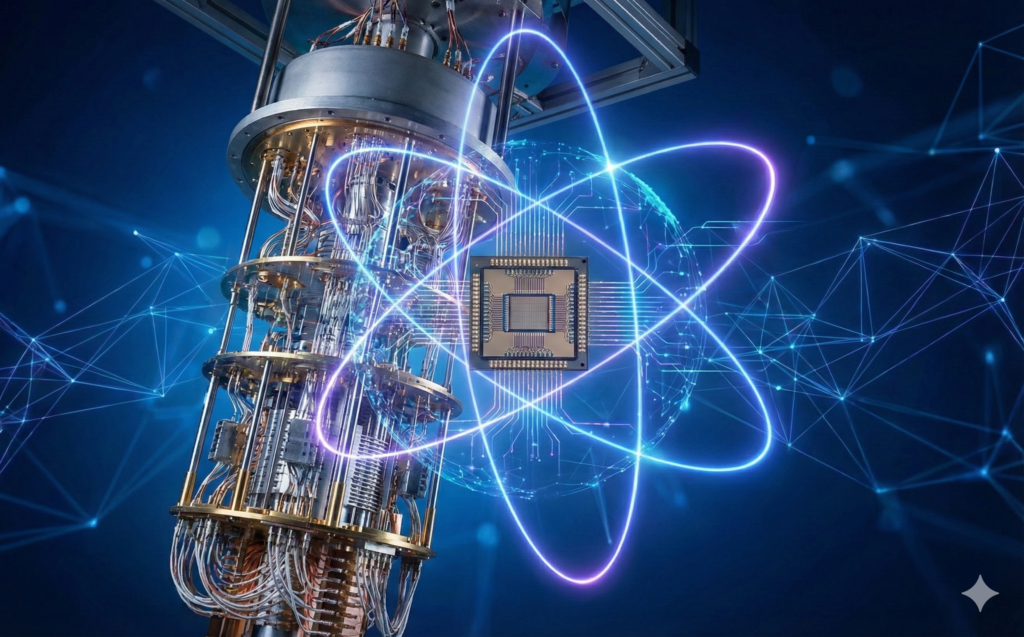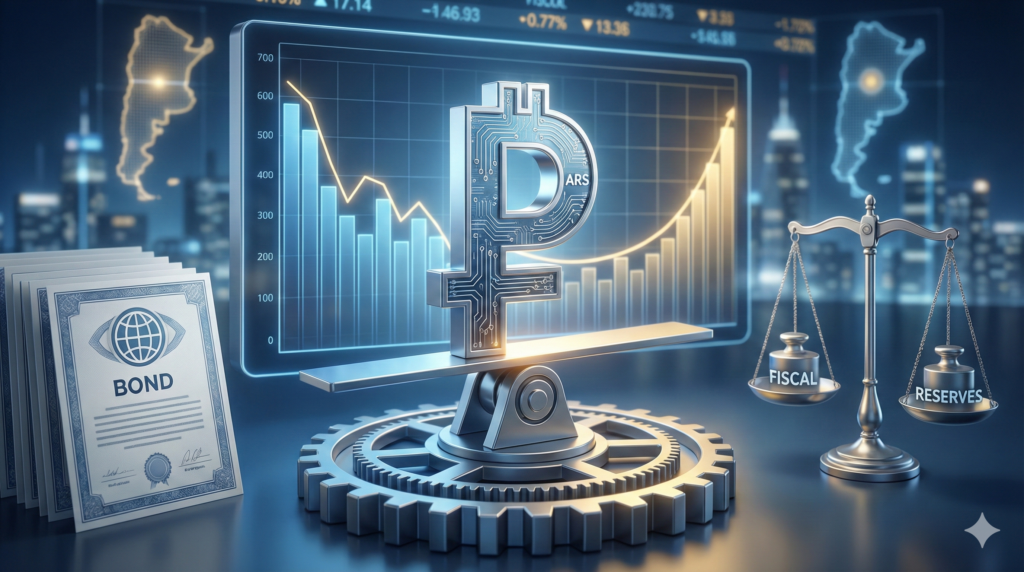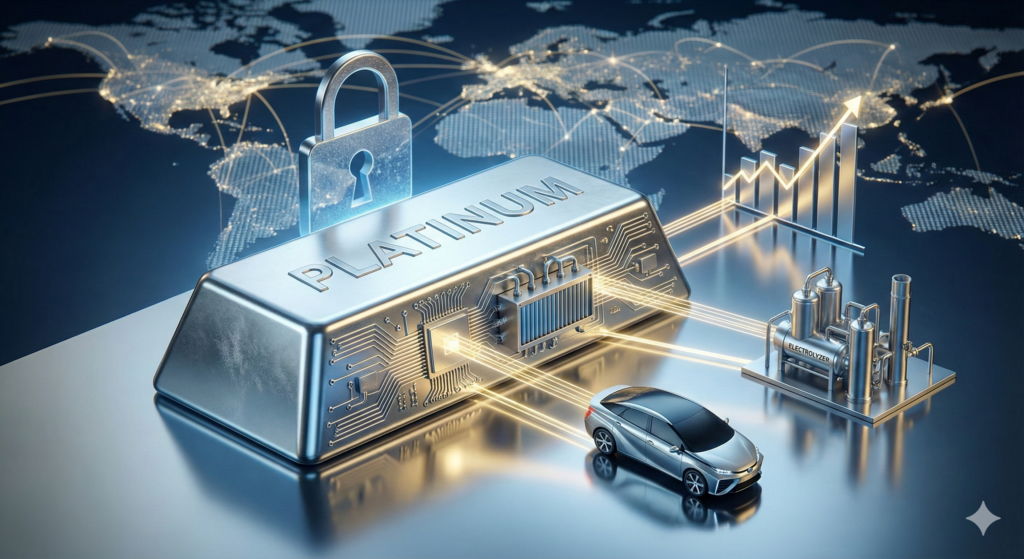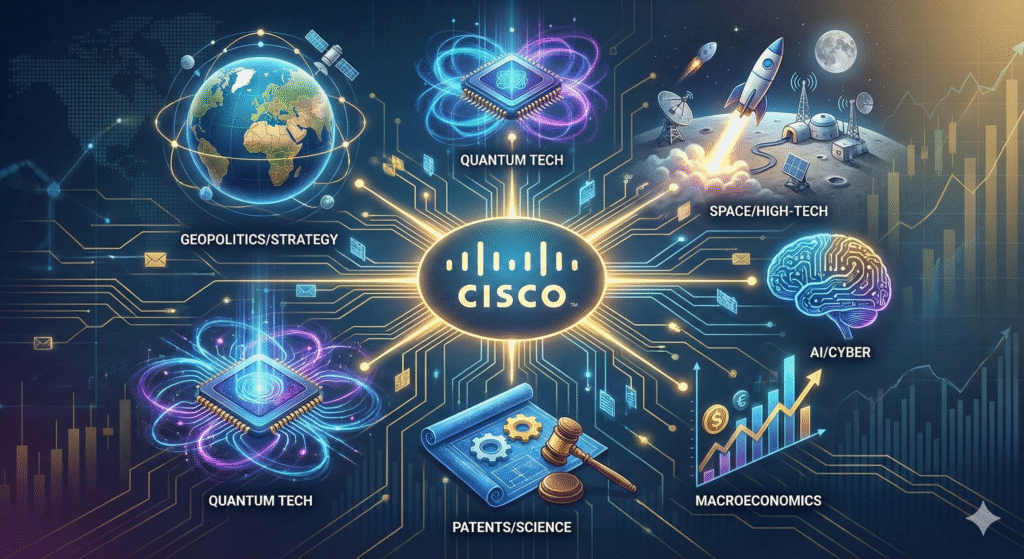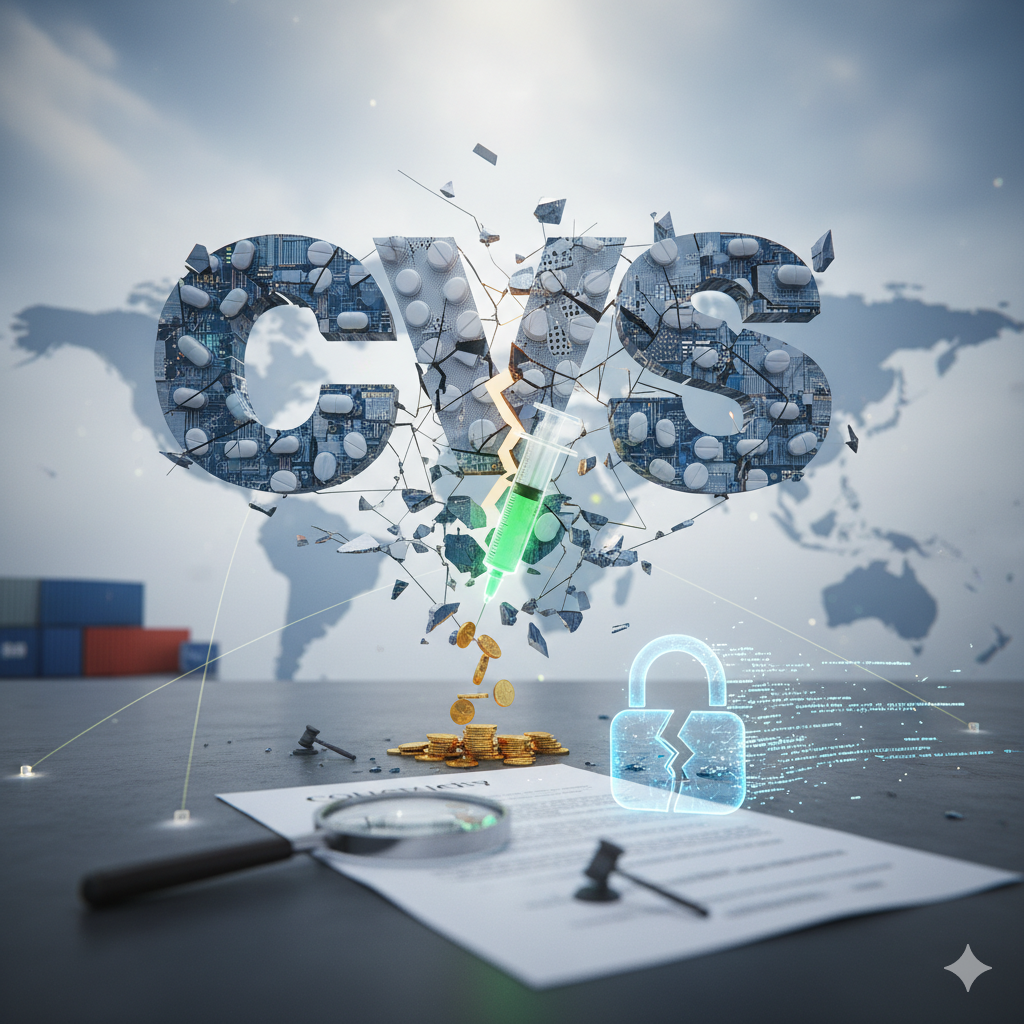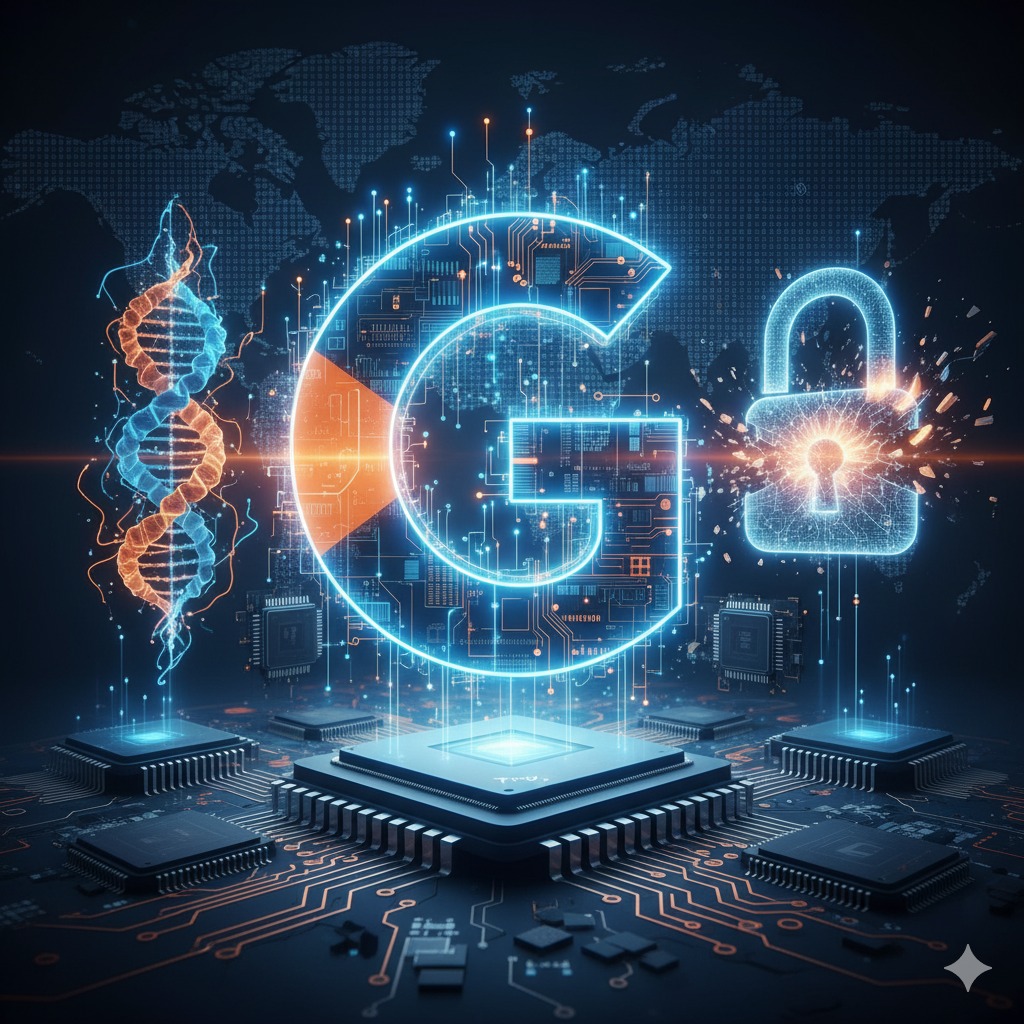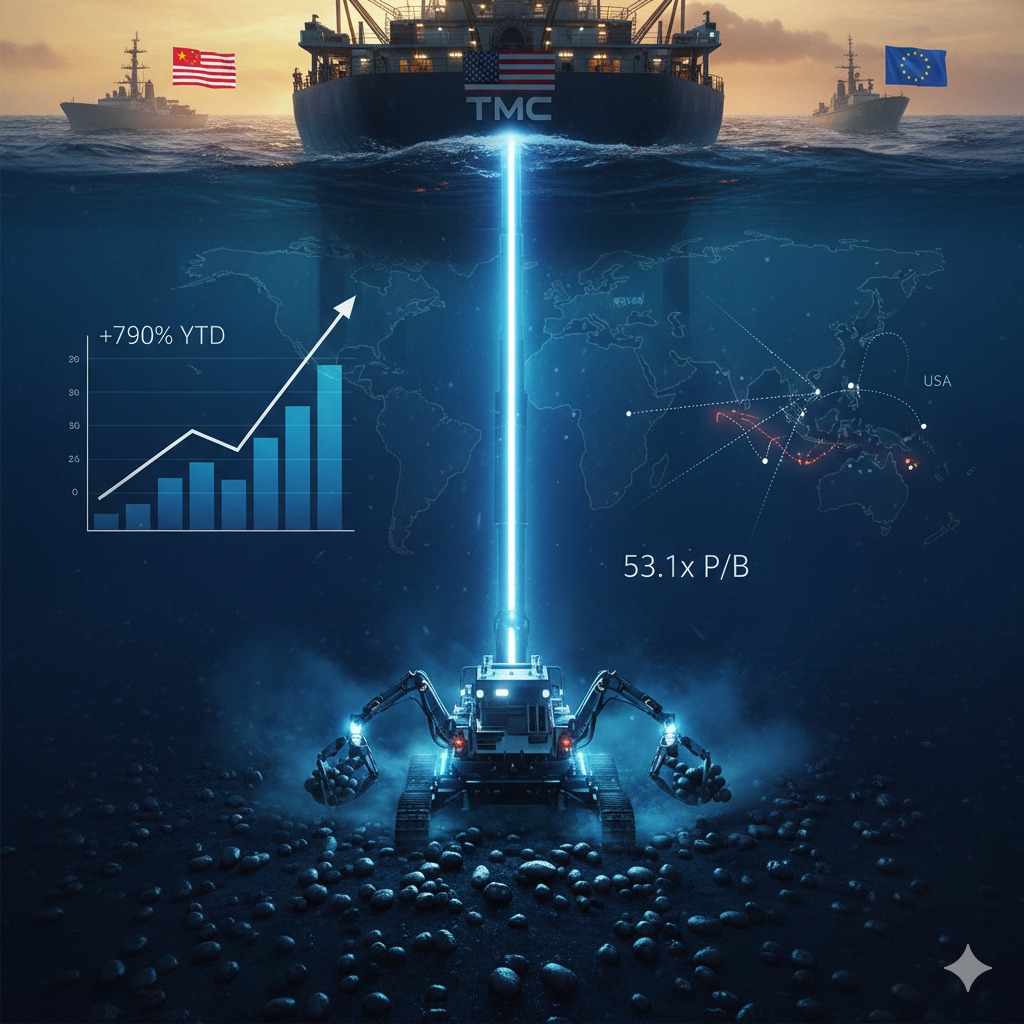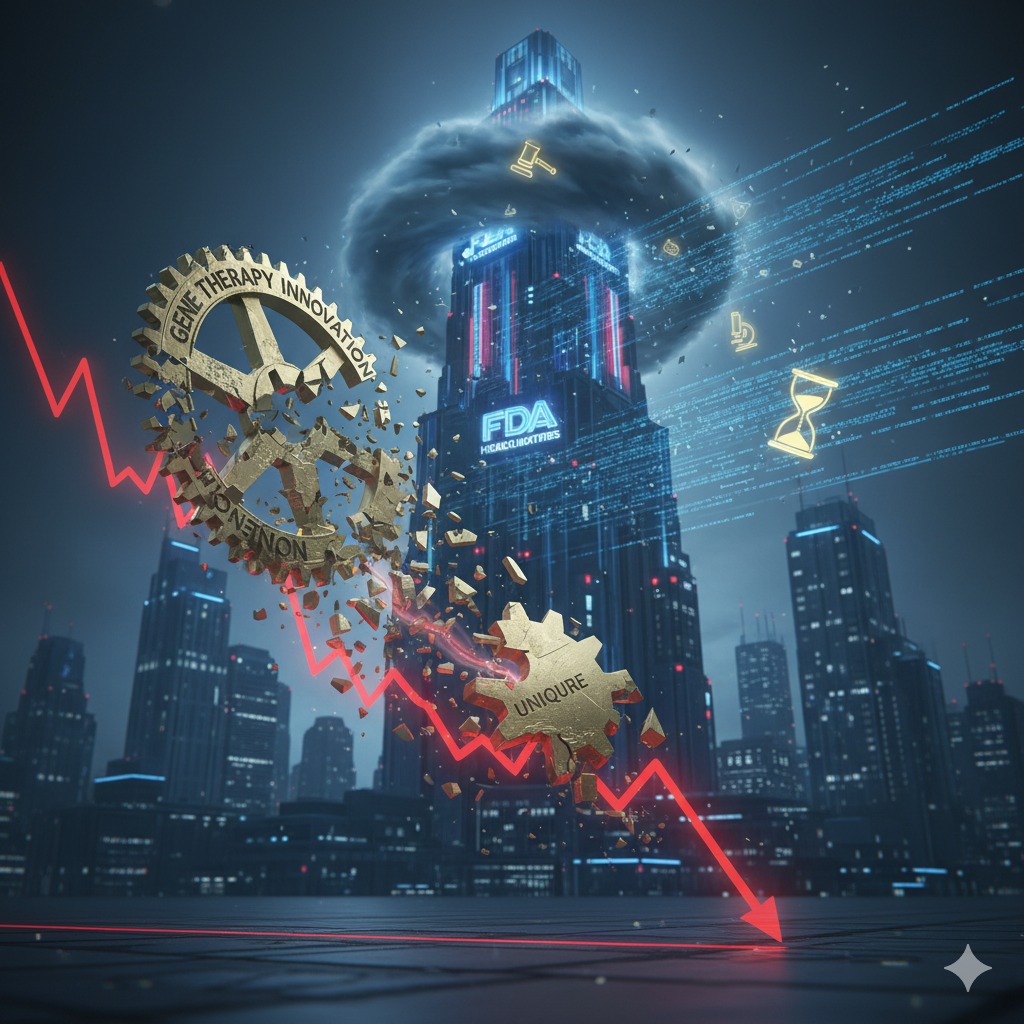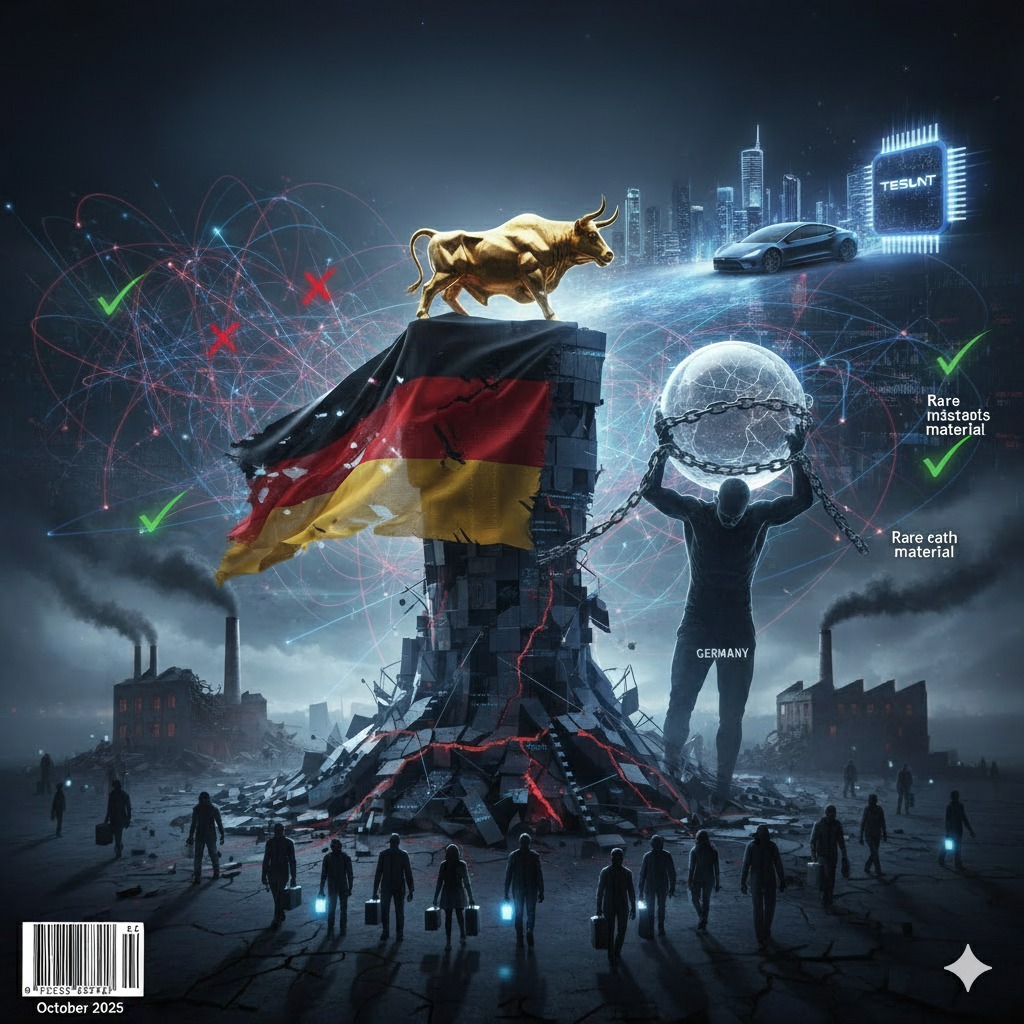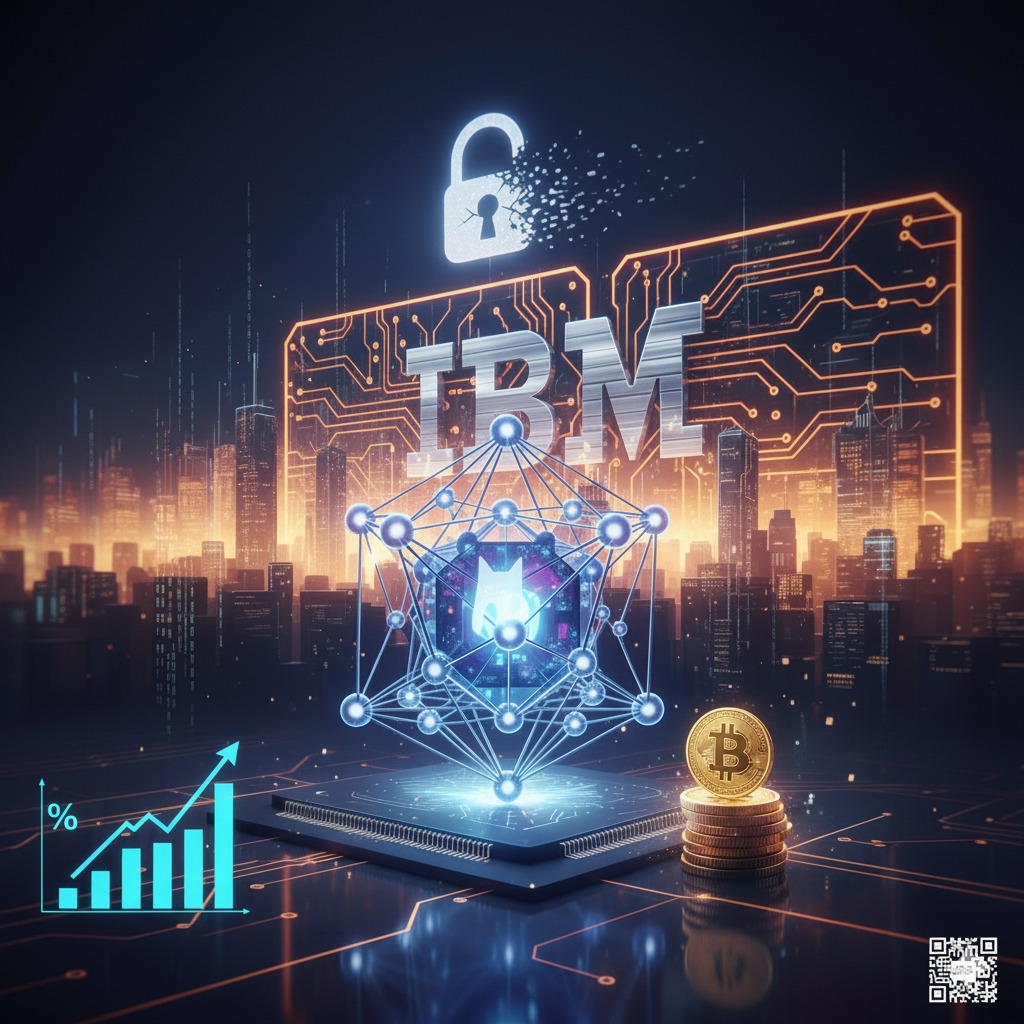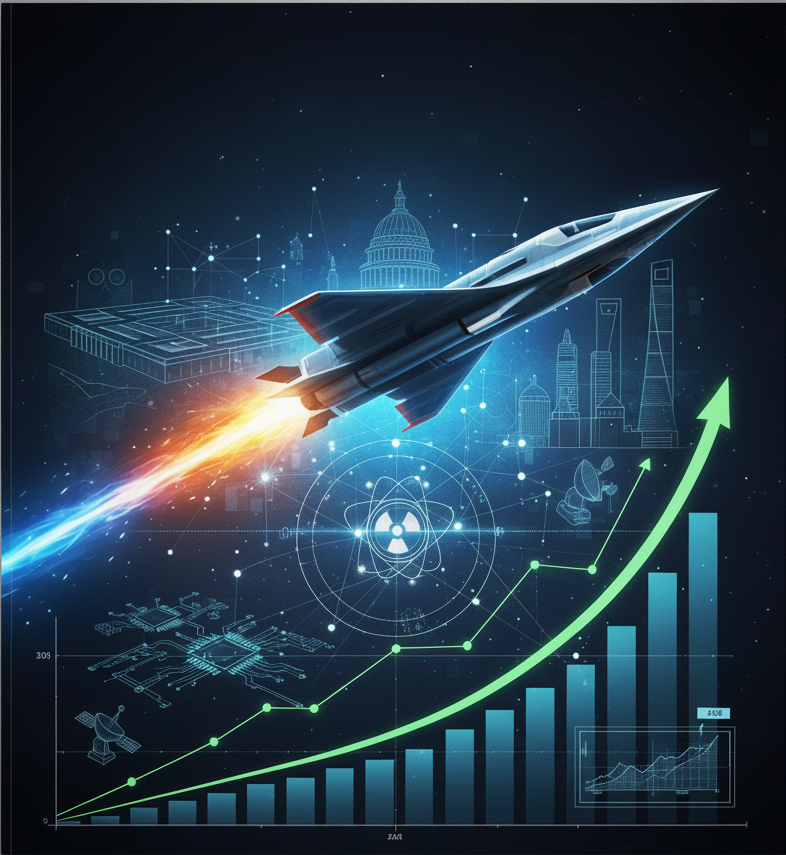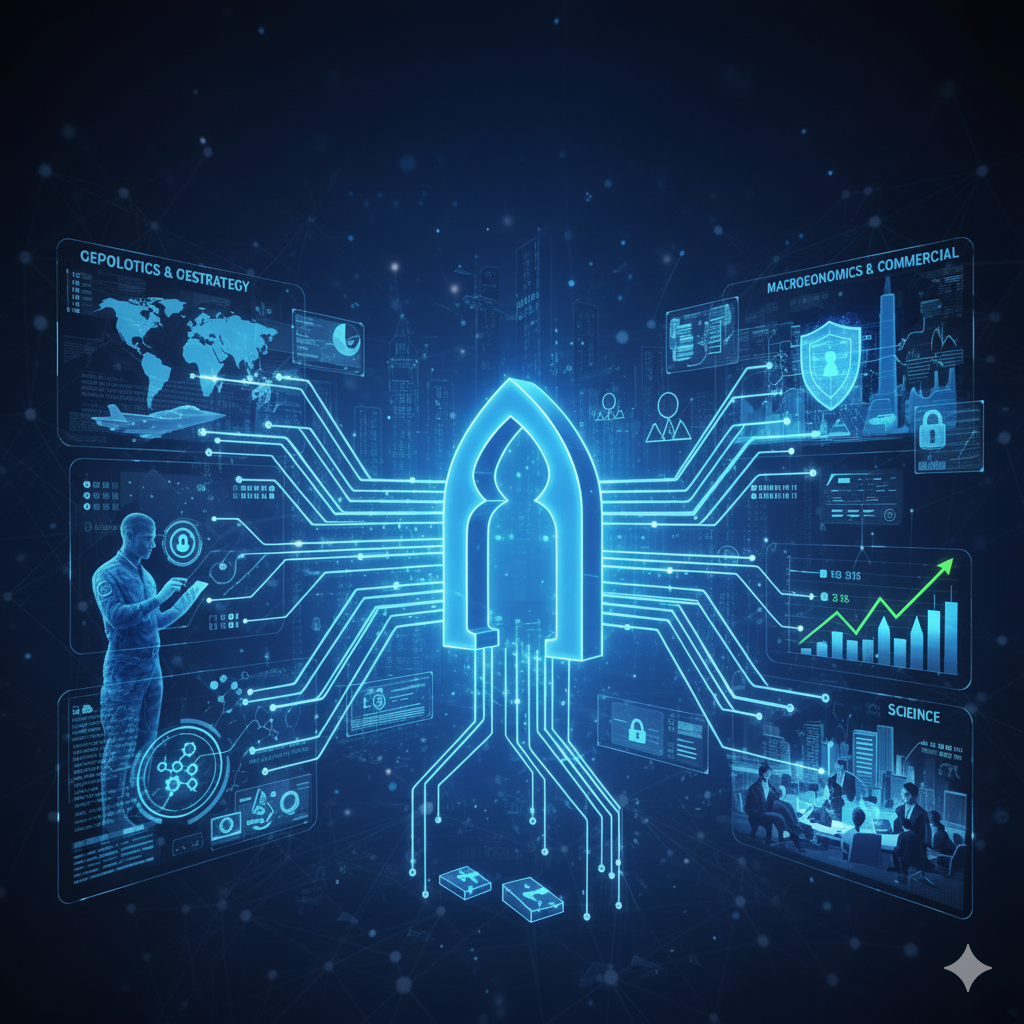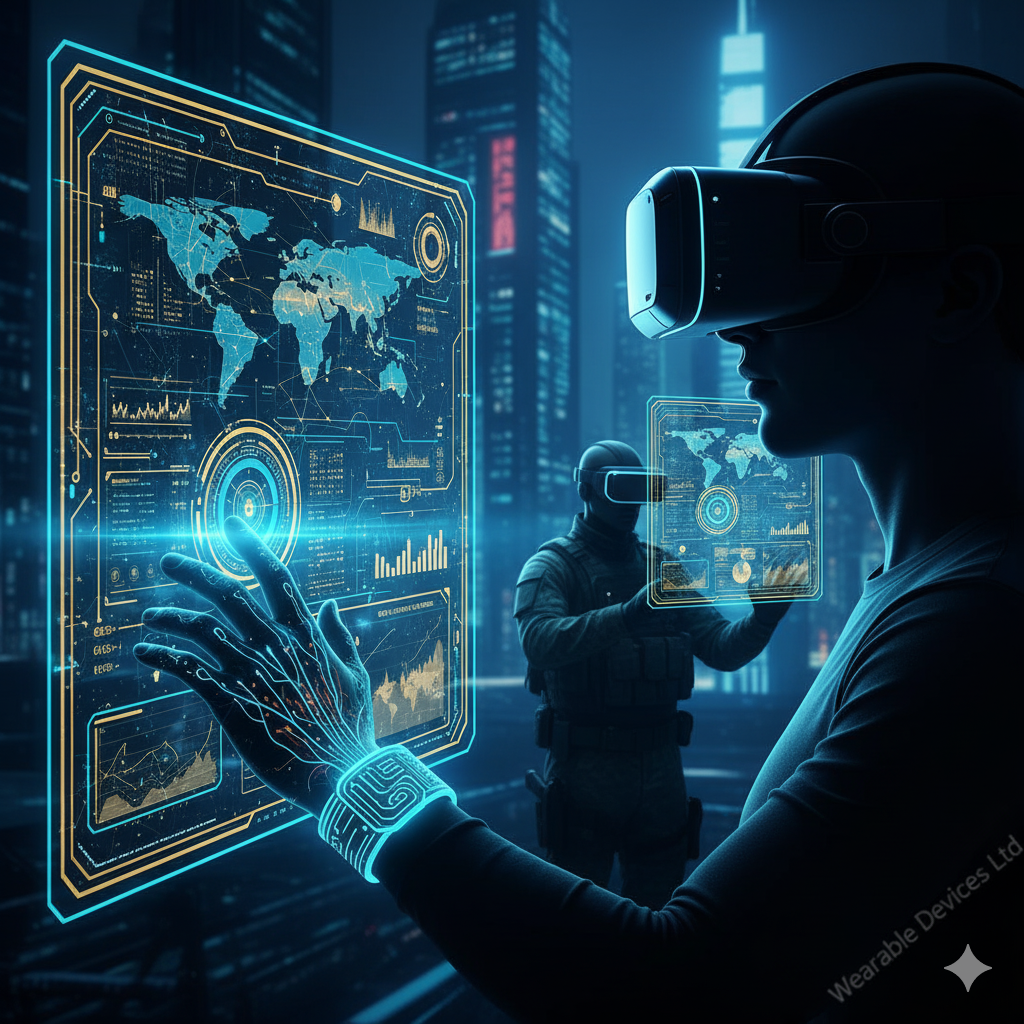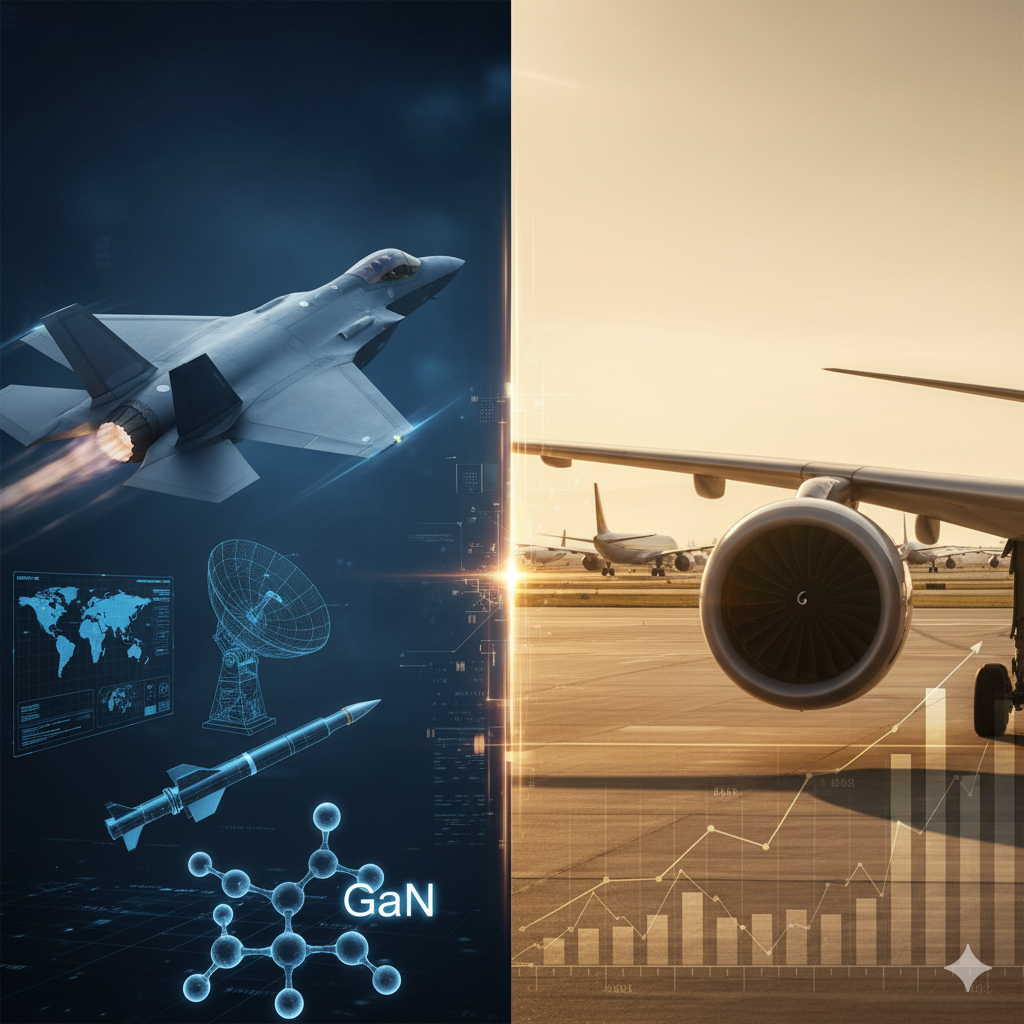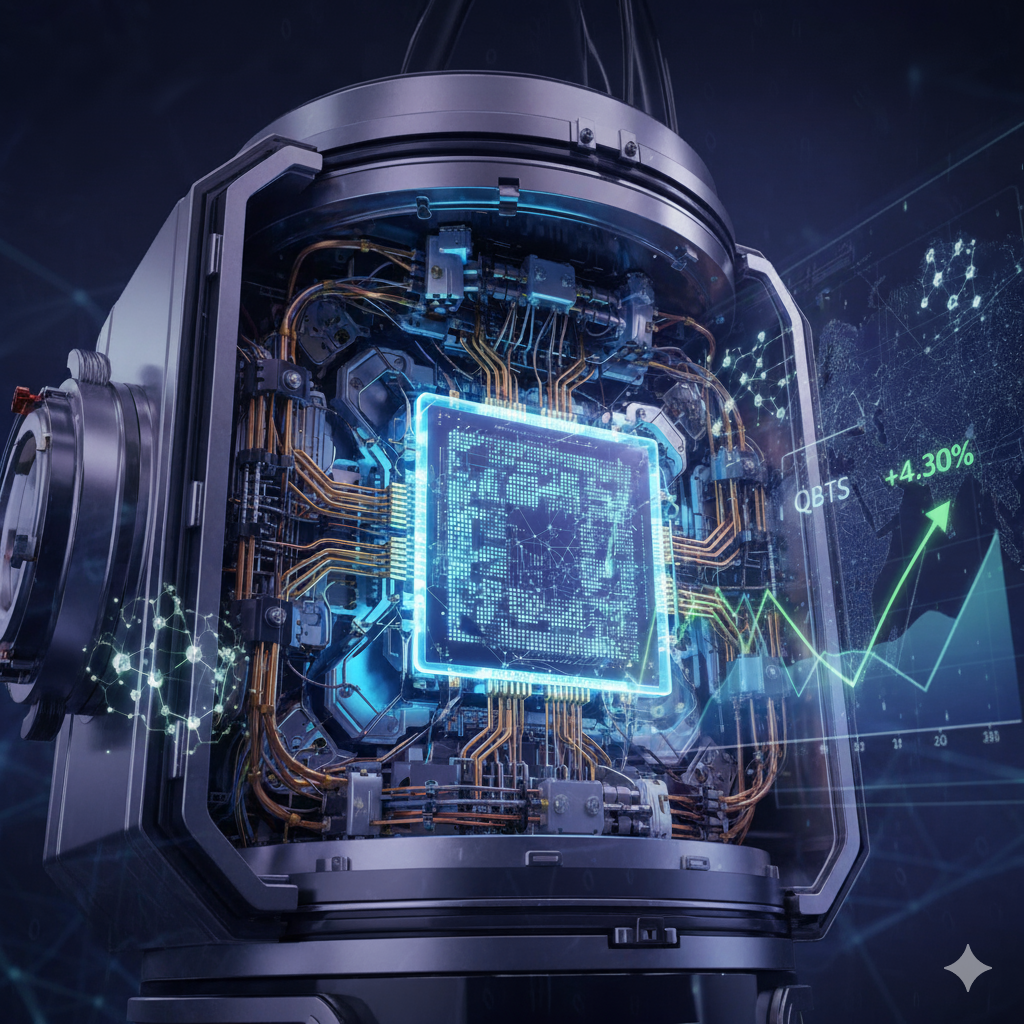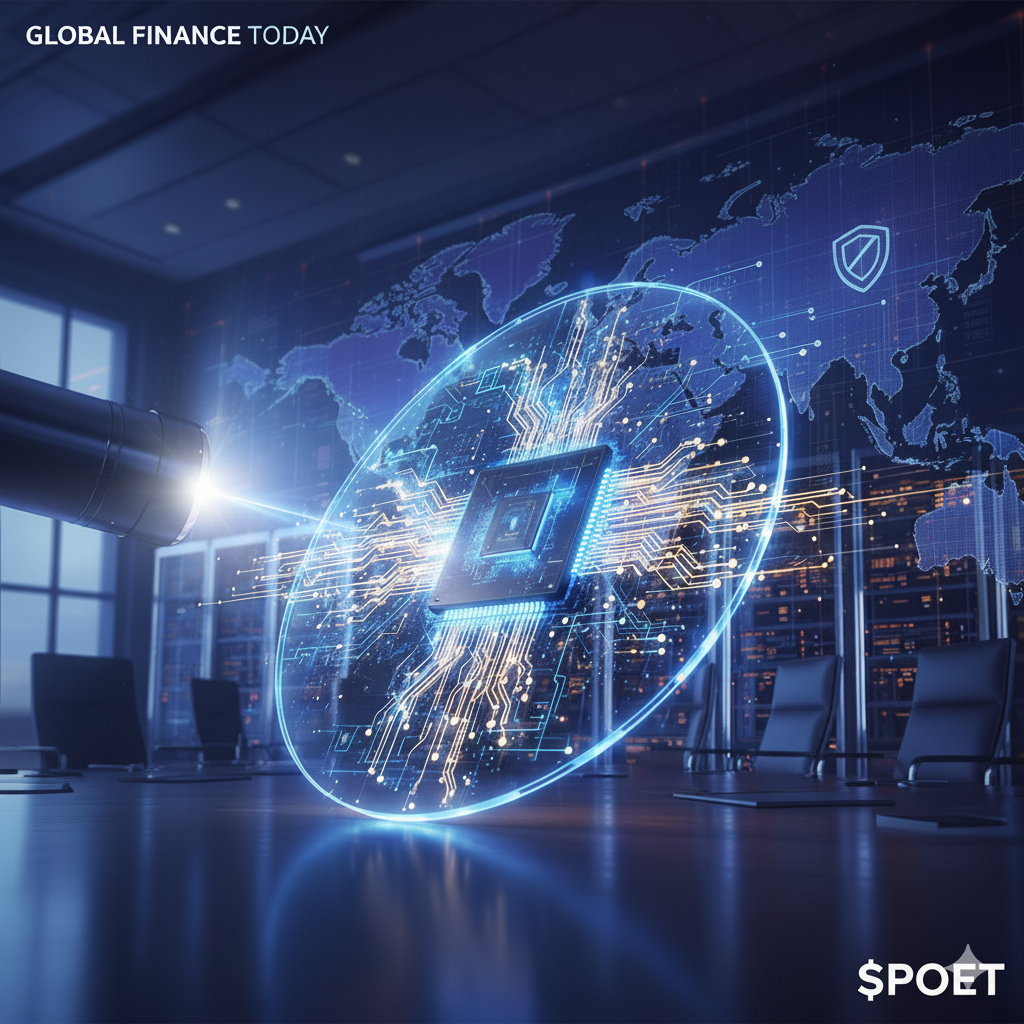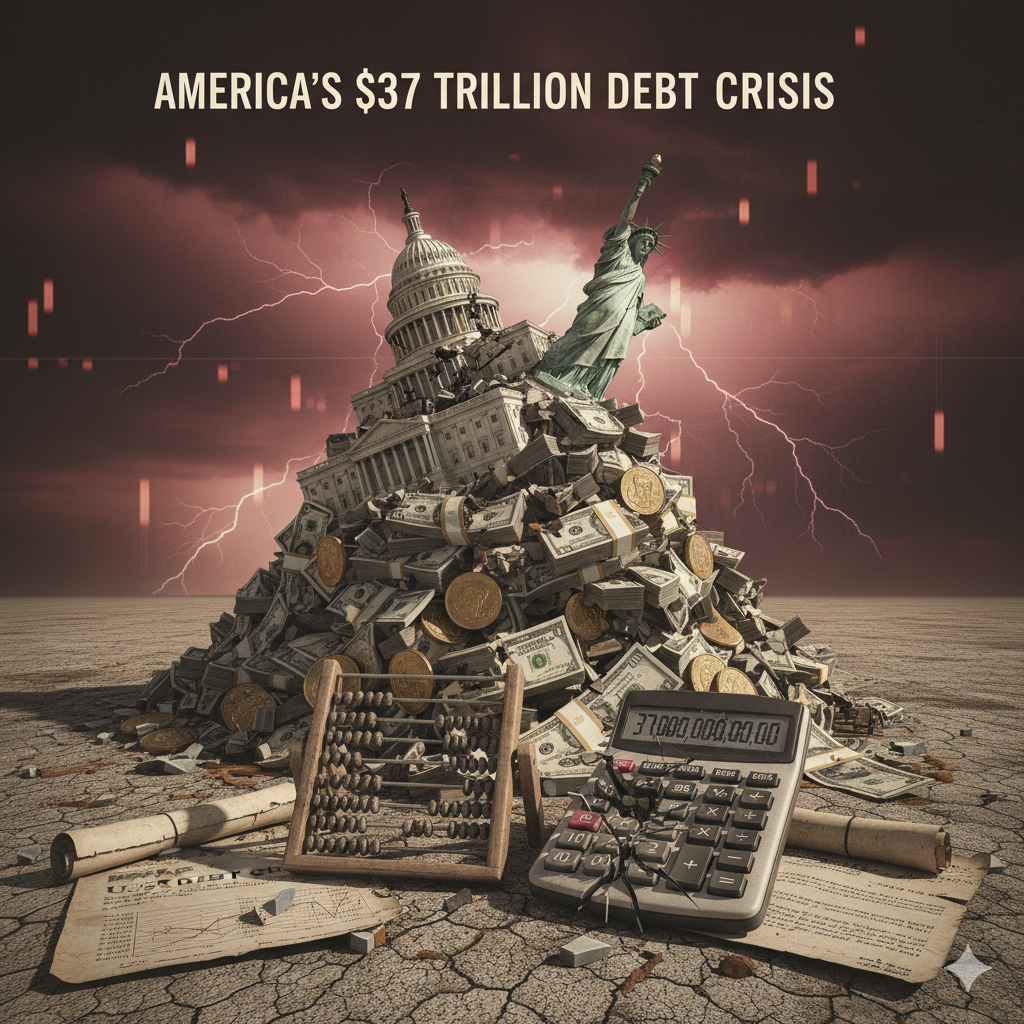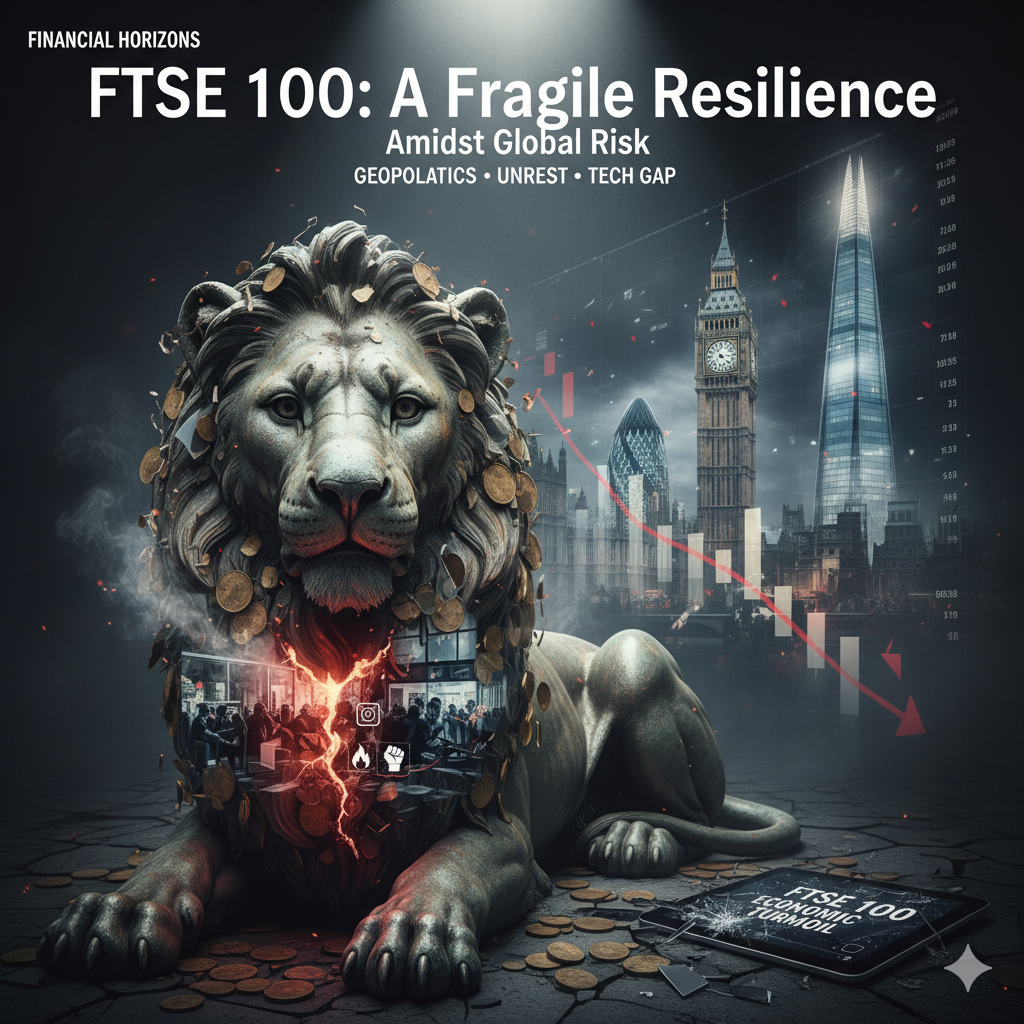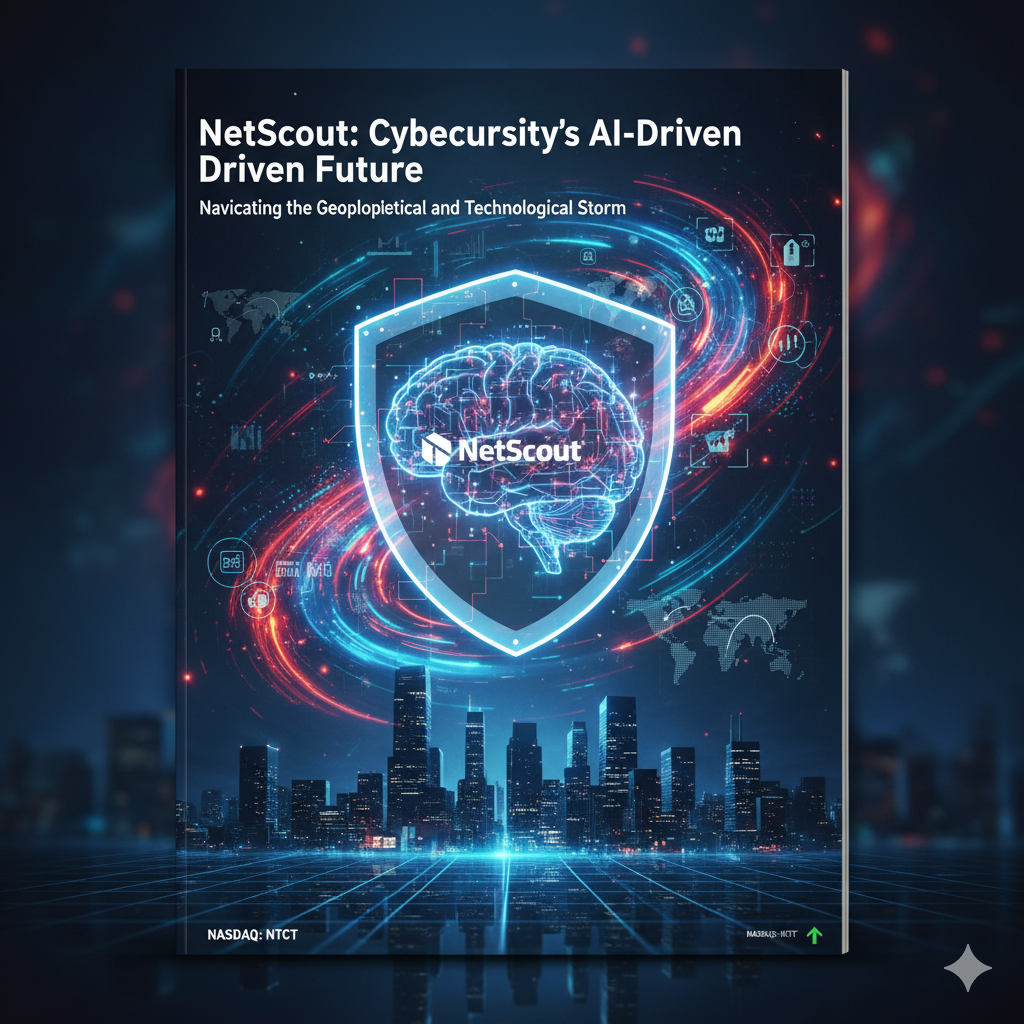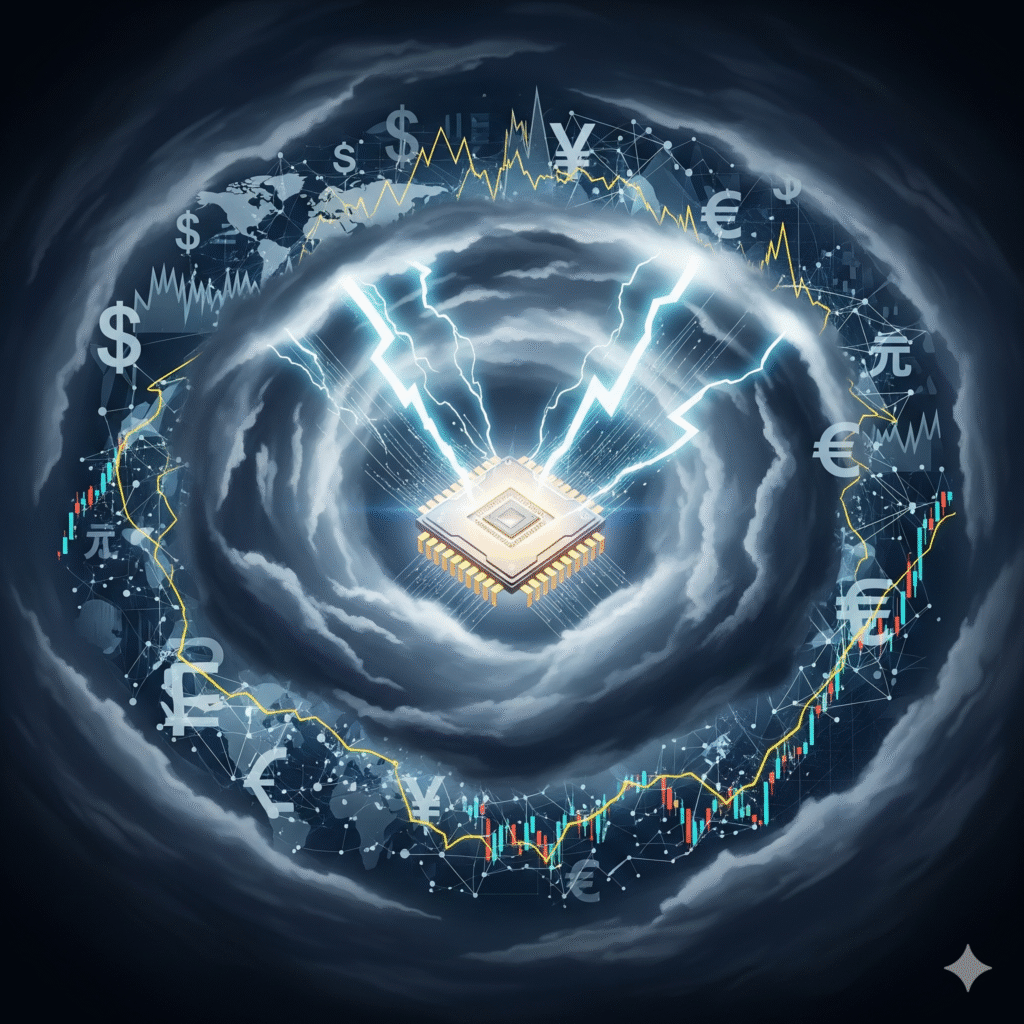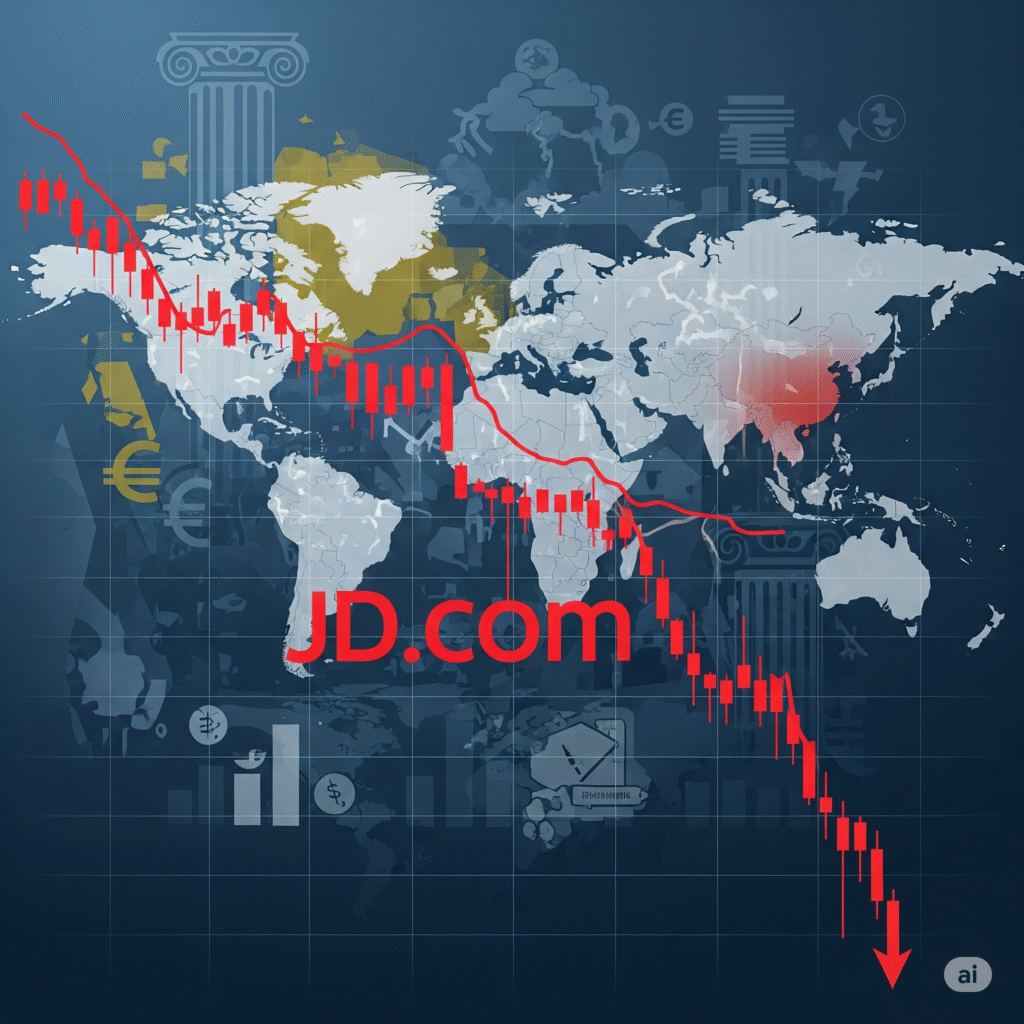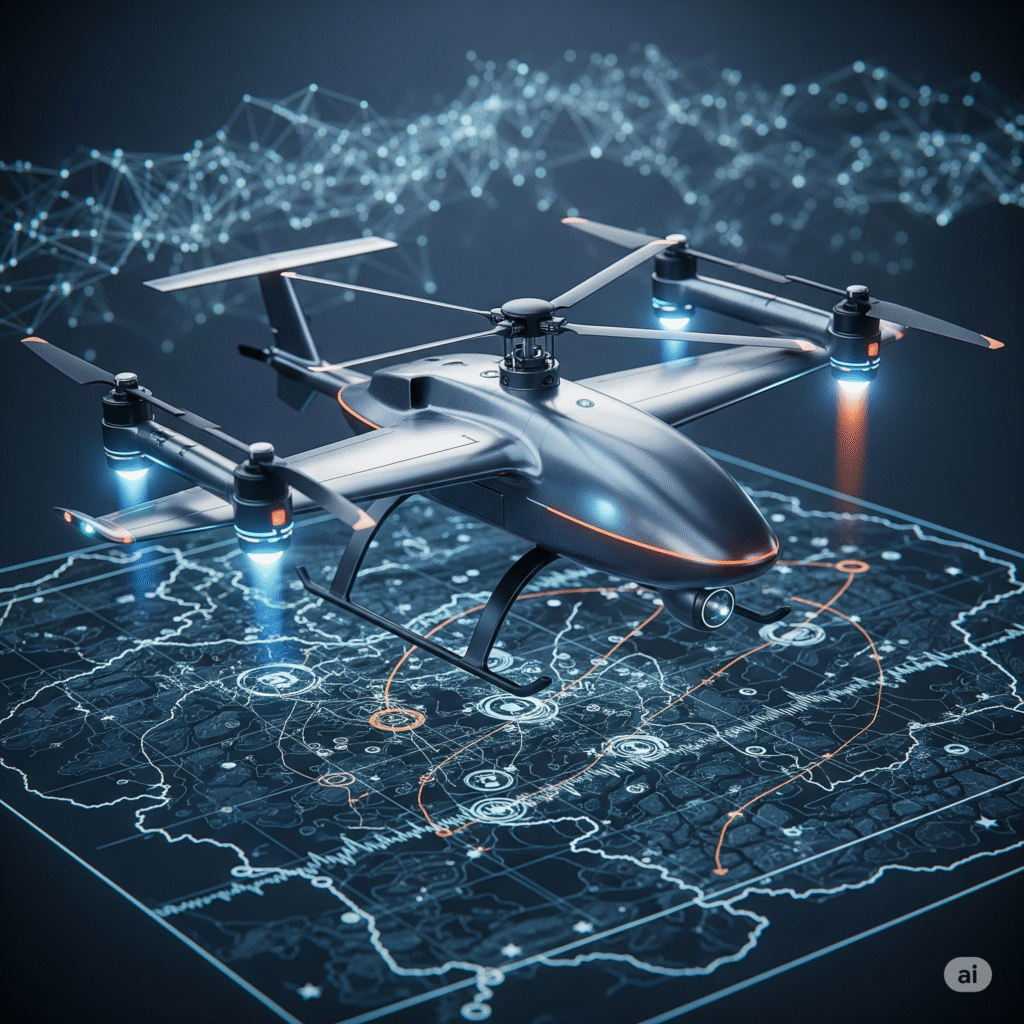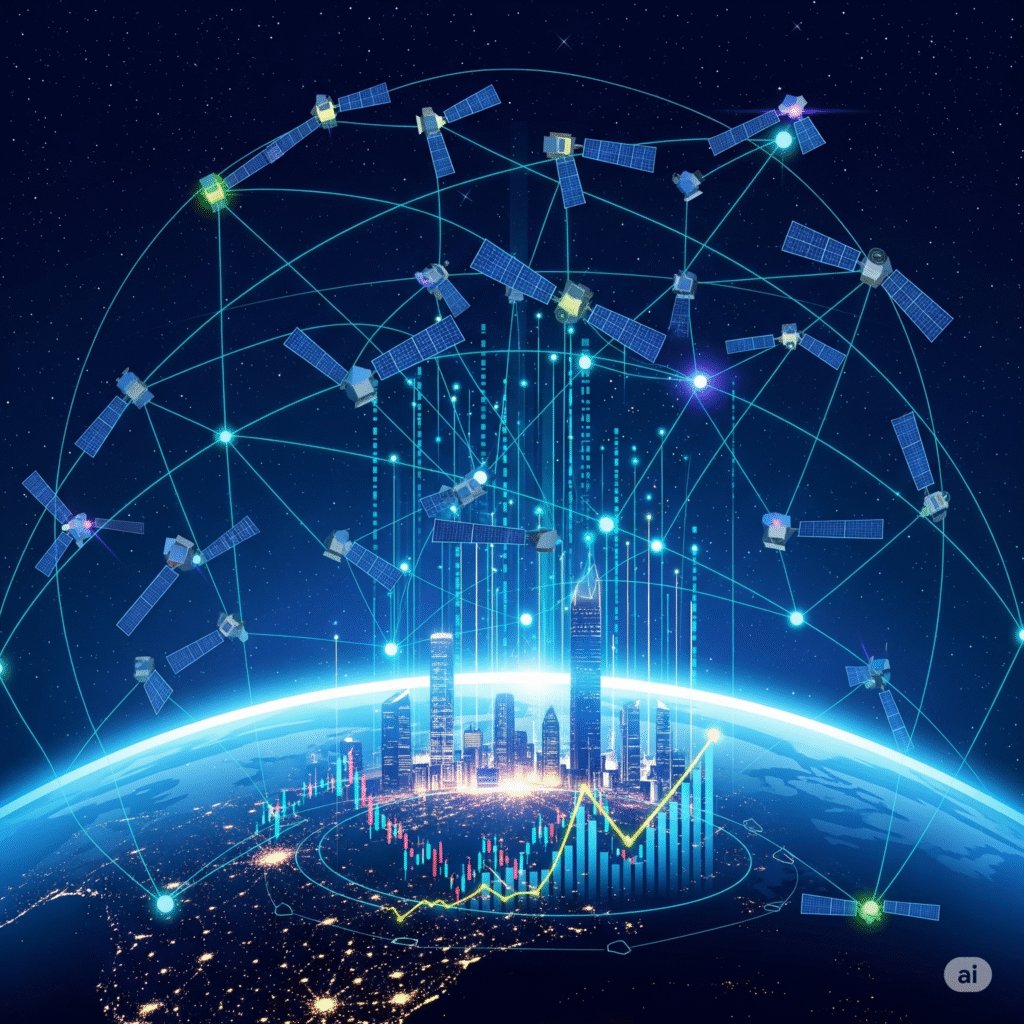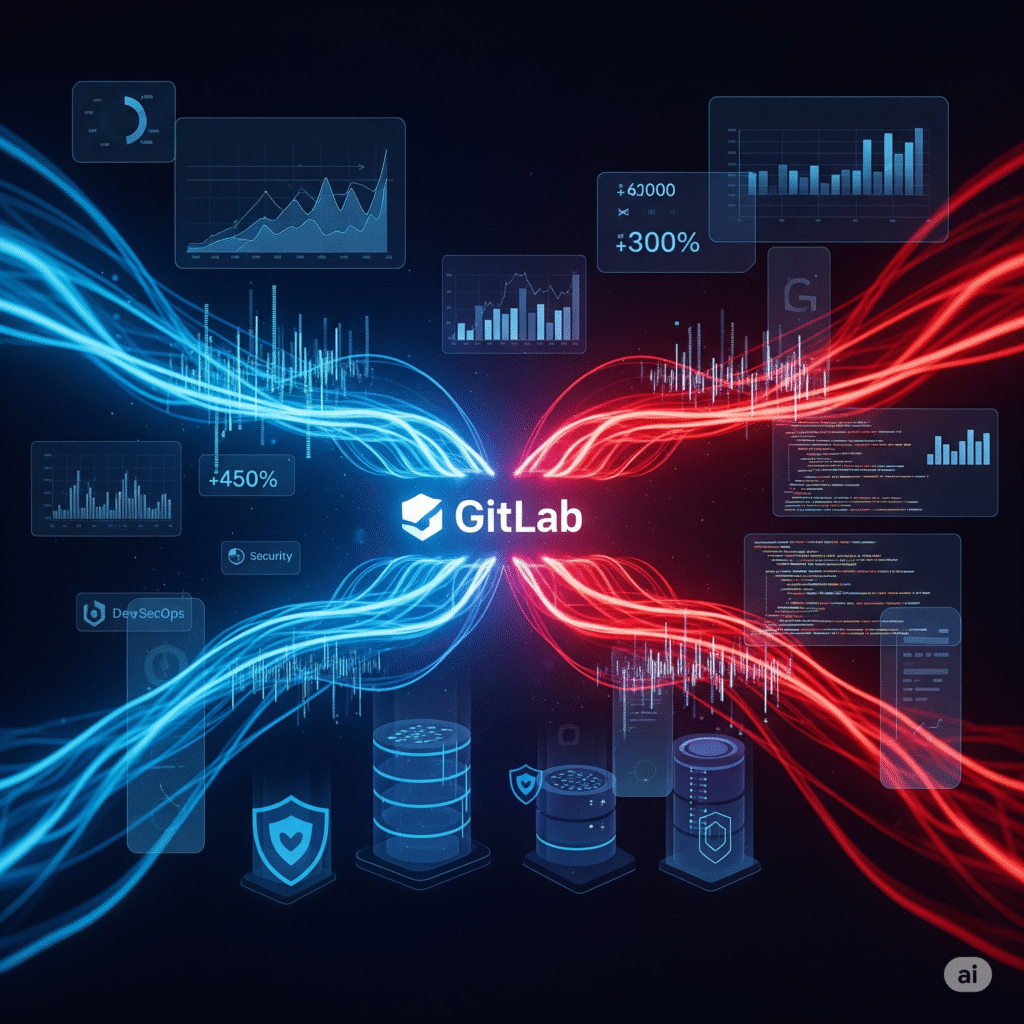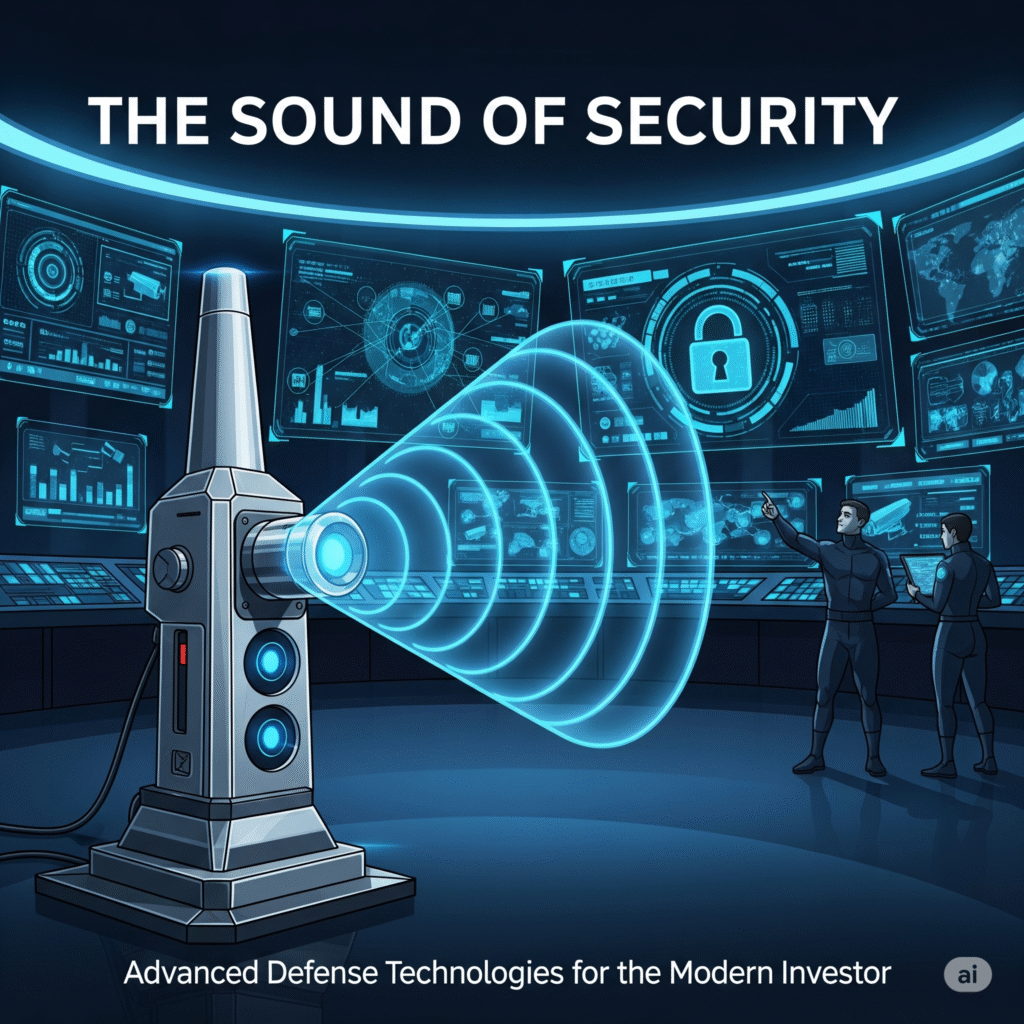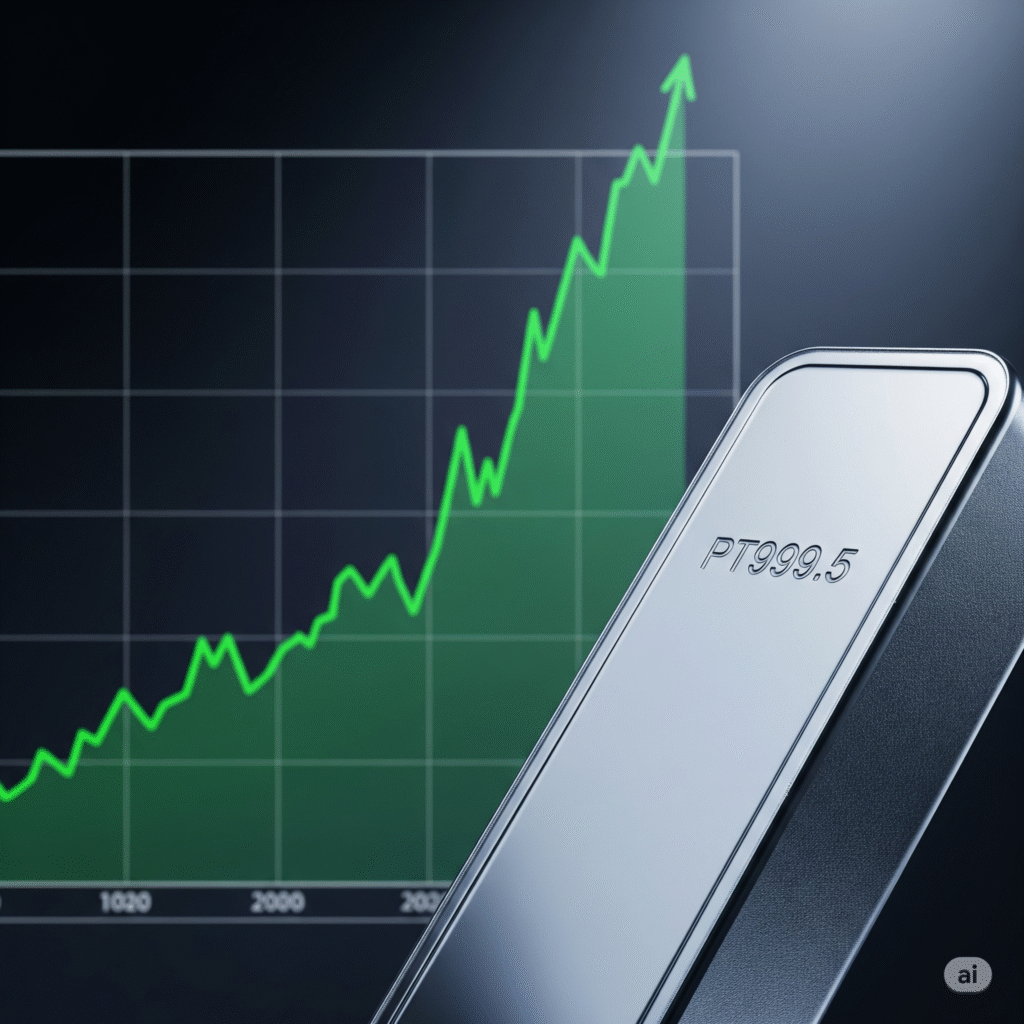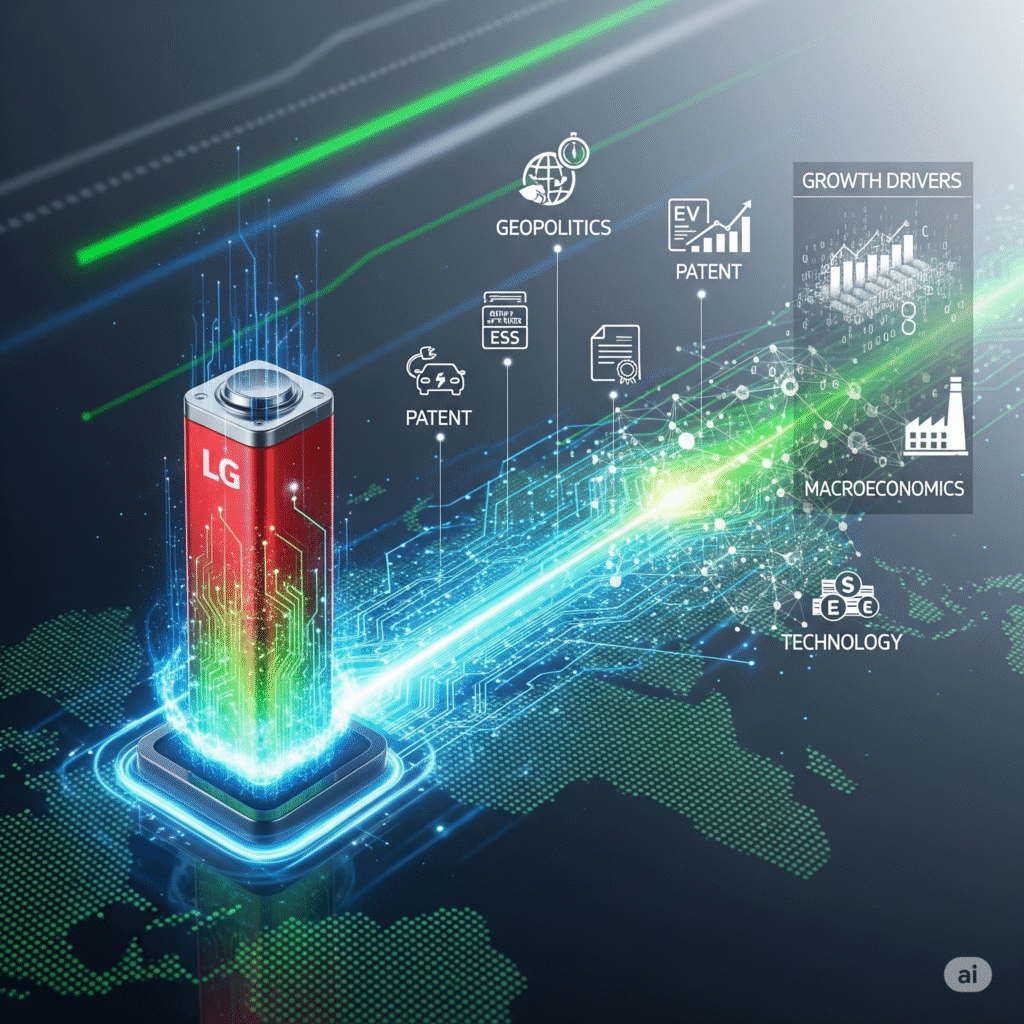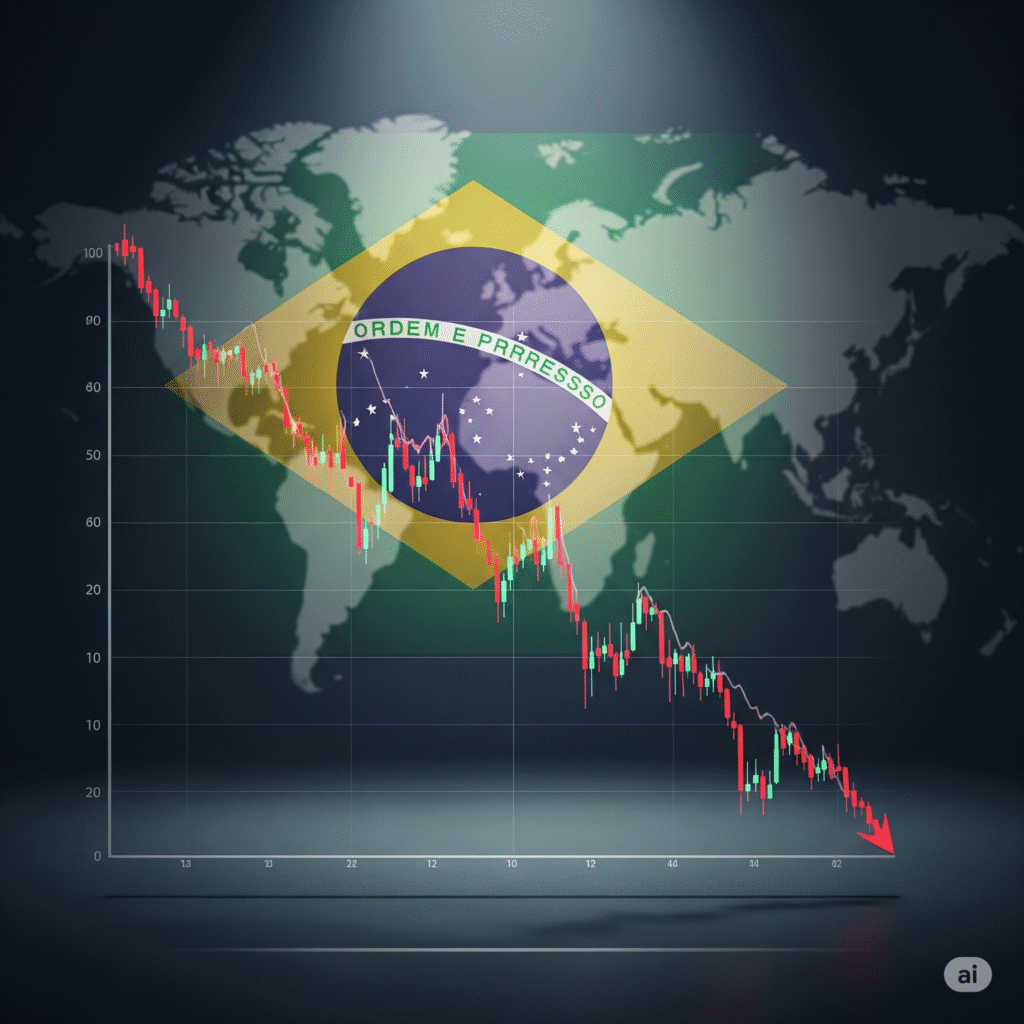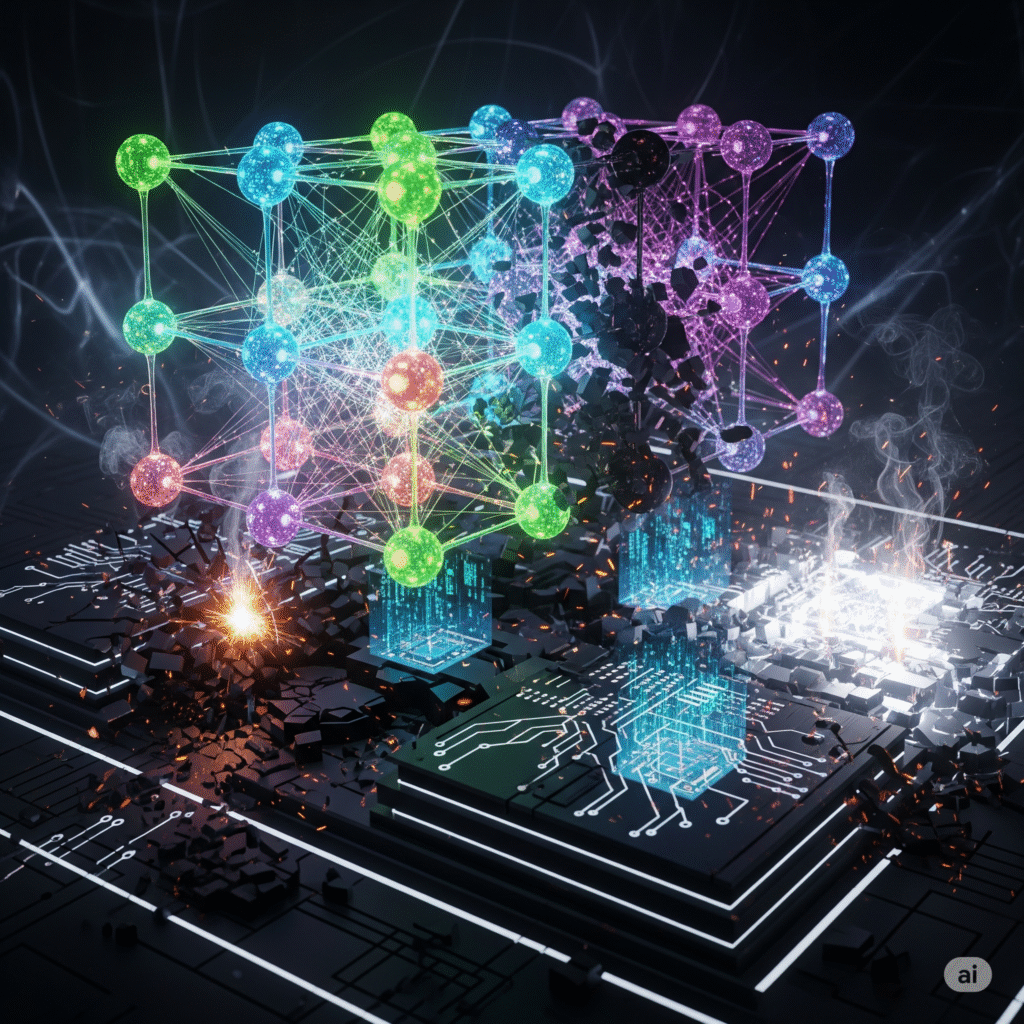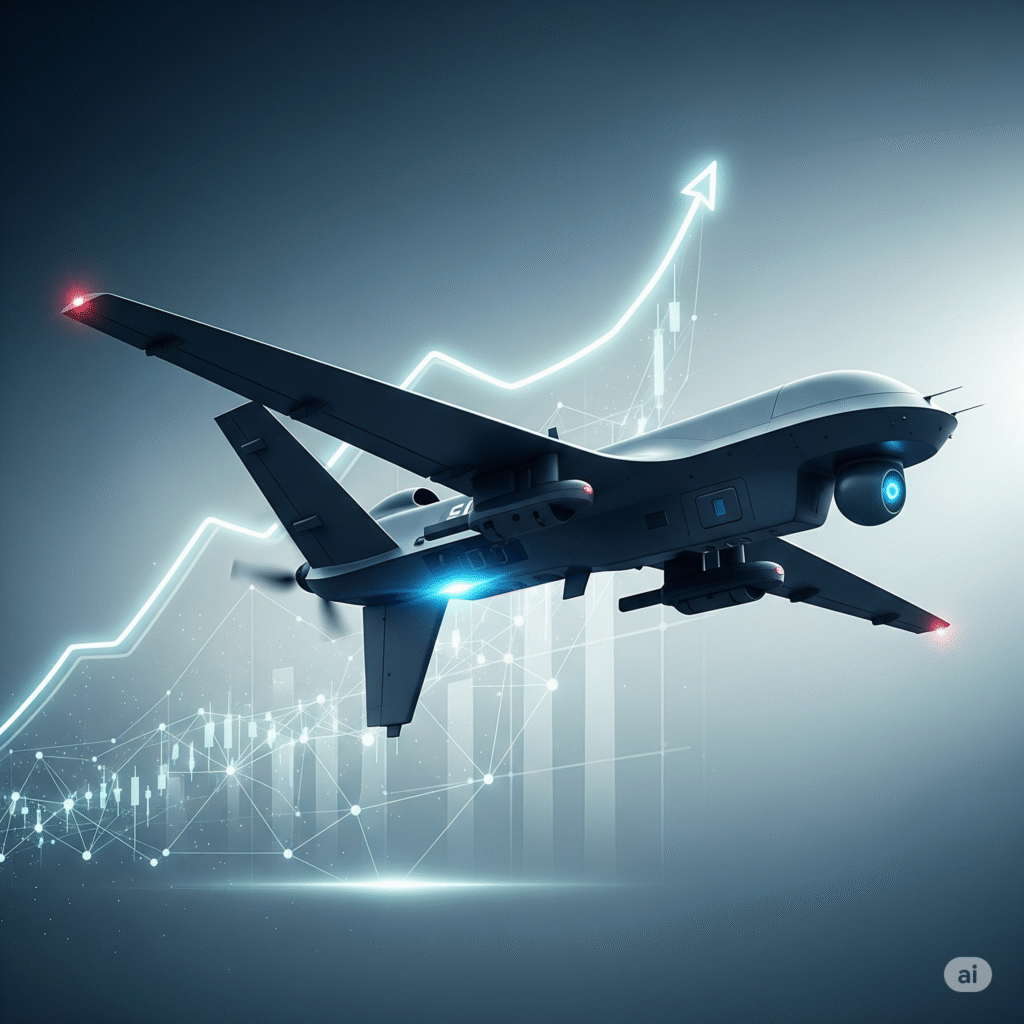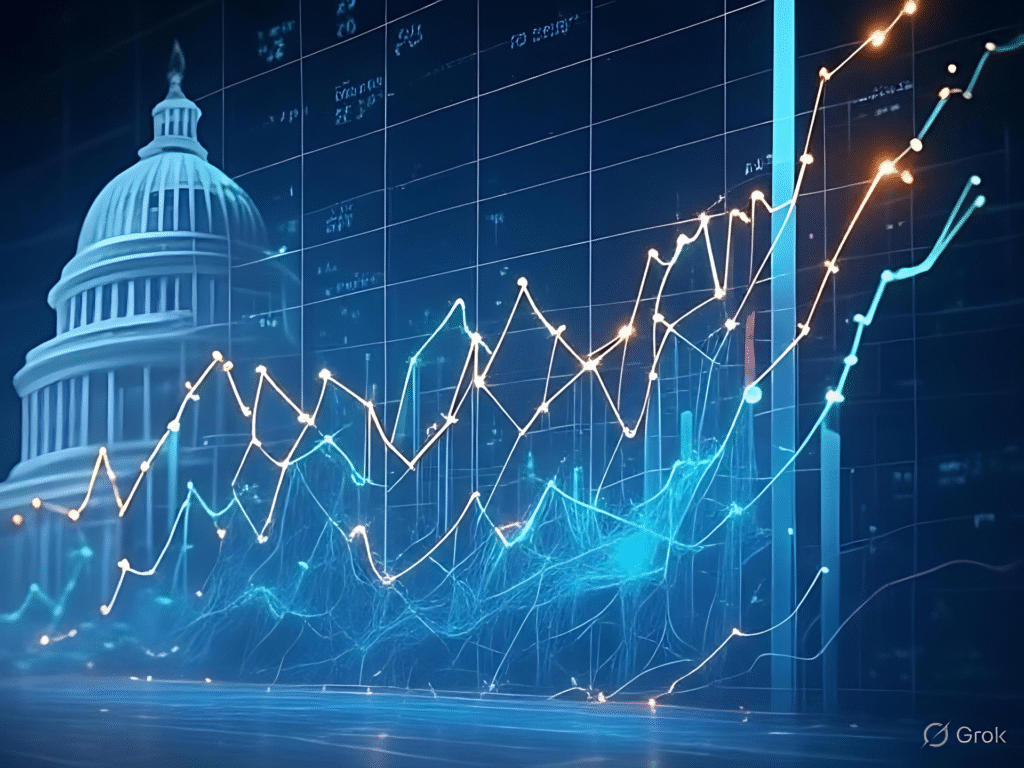The Looming Cipher Crisis
We must stop relying on decades-old encryption standards. Q-Day signifies the moment a powerful quantum computer renders current public-key cryptography obsolete. Experts project a substantial chance this catastrophic event occurs by 2035. This threat is not hypothetical; it is an imminent, systemic global risk. Financial institutions and critical communications rely entirely on these vulnerable algorithms. An attacker could instantaneously compromise private data, medical records, and global transactions.
A Geopolitical Code War
An intense geostrategic arms race drives the global quantum computing push. Major world powers, including the US and China, heavily fund massive quantum research projects. The victor gains the ultimate code-breaking machine, a critical military advantage. This capability shifts the global balance of power significantly and immediately. An adversary could gain real-time access to classified military and strategic intelligence. Satellite tracking and strategic asset locations become instantly compromised. Furthermore, “Harvest Now, Decrypt Later” attacks represent a current cyber reality. Adversaries are collecting encrypted data today to decrypt post-Q-Day.
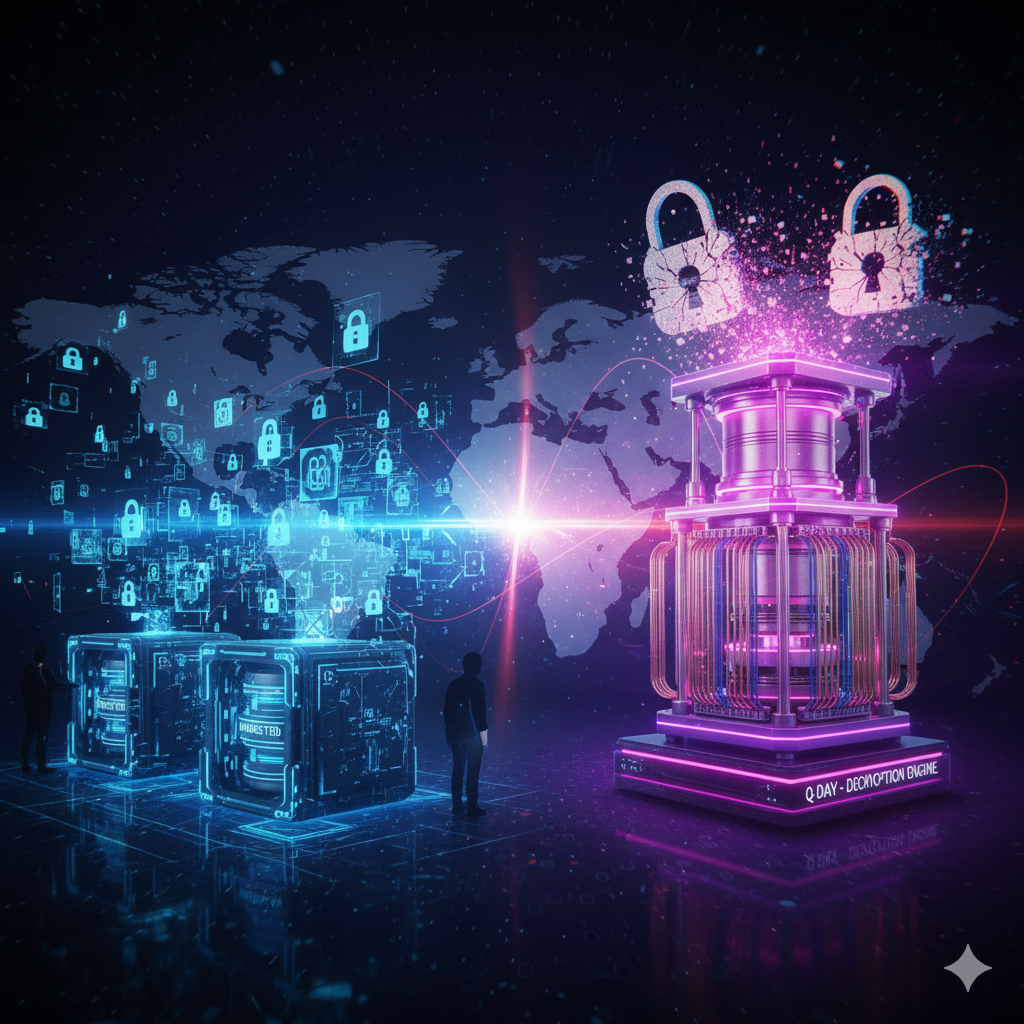
Macroeconomic InstabilityQ-Day
creates profound macroeconomic uncertainty across all markets. Trust in our fundamental digital security collapses immediately upon the news. Industries like energy, finance, and healthcare face extreme operational disruption. A sudden loss of transaction integrity would spur sharp, destabilizing global inflation. Cryptocurrencies, particularly Bitcoin, face a unique, extreme vulnerability. Since the current blockchain cannot safely upgrade its cryptography, a mandatory hard fork becomes the likely solution. Market confidence evaporates entirely without a foundational level of digital trust.
The Tech and Patent Battleground
The high-tech race focuses on achieving cryptographic relevance in quantum machines. Tech giants like IBM, Google, and Microsoft compete fiercely for essential breakthroughs. The global post-quantum cryptography market is projected to explode in growth. Their success hinges on mastering complex quantum mechanics for new computation types. Patents filed in the field of post-quantum cryptography (PQC) are skyrocketing globally. This fierce intellectual property competition dictates future market dominance. Companies must prioritize securing key PQC patents now to control essential migration technologies and licensing.
The Post-Quantum Imperative
Governments already recognize this existential threat to national and economic security. The US administration directs agencies to implement NIST-standard PQC algorithms immediately. The National Institute of Standards and Technology (NIST) has released its first set of PQC standards for key establishment and digital signatures. Companies must treat the migration from vulnerable algorithms as an urgent, top-down priority. Financial security requires immediate, comprehensive, and well-funded PQC adoption plans. We must transition our entire digital infrastructure now to prevent a catastrophic global Q-Day scenario.
References
- The Quantum Race: How Emerging Technologies Reshape Global Security Governance
- Could ‘Q-Day’ be an existential threat to digital economies?
- U.S. Defense Intelligence Flags Rivals’ Growing Military Use of Quantum Tech
- The Quantum Cryptography Crisis: Why 72% of Organizations Are Unprepared for Q-Day 2025
- Bitcoin and Quantum Computing: Current Status and Future Directions (Chaincode)
- Why federal IT leaders must act now to deliver NIST’s post-quantum cryptography transition
- NIST Releases Three Post-Quantum Cryptography Standards





